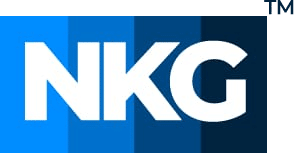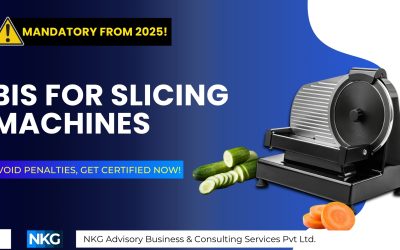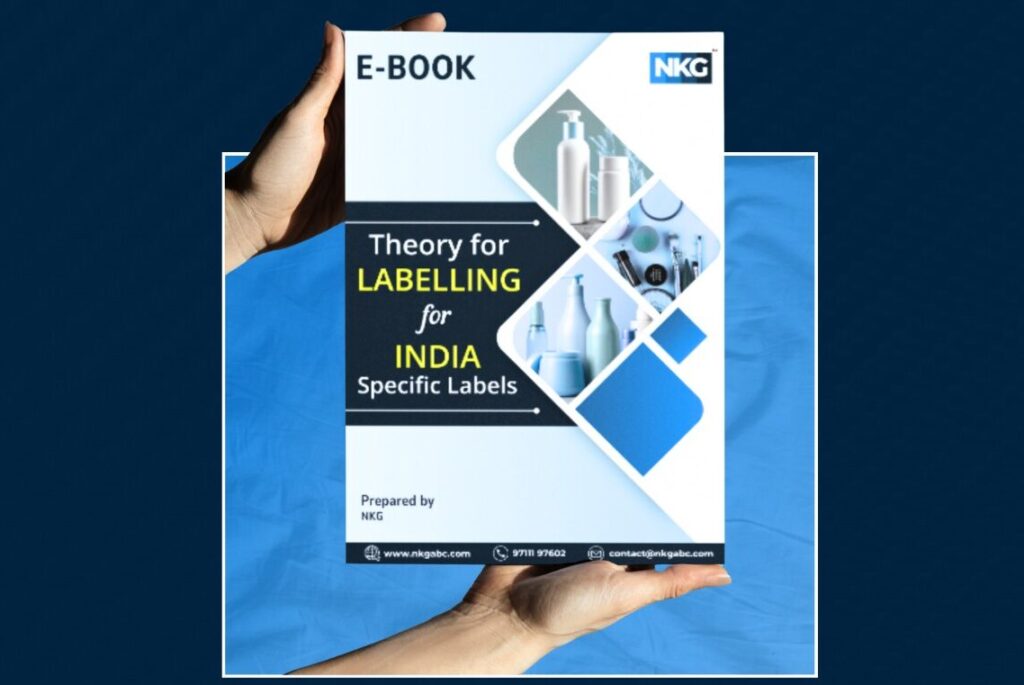Introduction
If you manufacture or import electrical appliances designed for aquariums or garden ponds, understanding and complying with the BIS regulations is essential. These appliances must adhere to IS 302 (Part 1): 2008, the standard established by the Bureau of Indian Standards (BIS) to ensure safety, performance, and legal compliance. Without BIS certification, your product cannot be legally sold in the Indian market.
This blog walks you through what the standard covers, why it’s crucial, and how to get your aquarium appliances BIS certified.
What is IS 302 (Part 1): 2008?
IS 302 (Part 1): 2008 is the Indian standard that specifies general safety requirements for household and similar electrical appliances. It includes guidelines for:
- Protection against electric shock
- Construction requirements
- Resistance to heat, fire, and moisture
- Durability of insulation
This standard applies to appliances operating at voltages up to 250V for single-phase appliances and covers devices used in residential, commercial, and light industrial environments. Aquarium and garden pond electrical appliances fall under this category if used in domestic settings.
Applicable Indian Standard for Aquarium Appliances
| Product Name | Aquarium Appliances |
| Applicable Indian Standard | IS 302 (Part 1): 2008 |
| Applicable Certification Scheme | Product Certification Scheme (ISI Mark Scheme) Scheme 1 – Schedule 2 |
| Compliance Requirement | Mandatory |
| QCO Link | Quality Control Order |
| Scope as per Standard | This standard covers the requirements for Aquarium Appliances |
Note – Provided that nothing in this Order shall apply to goods or articles manufactured domestically for export:
Scope of the Standard for Aquarium Appliances
Aquarium appliances covered under this standard include:
- Water filters
- Aquarium lights
- Air pumps
- Water heaters
- Cleaning devices
- Submersible and circulating pumps
The key requirement is that these devices are designed for use in wet or humid environments, making their electrical safety particularly critical.
Excluded from the standard:
- Appliances designed exclusively for industrial or professional use
- Equipment for medical or veterinary purposes
- Devices rated for automotive or marine applications
Mandatory BIS Tests for Aquarium Appliances
To obtain BIS certification under the ISI Mark Scheme, manufacturers must ensure their products pass a series of rigorous tests, including:
- Earth Continuity Test – Checks grounding and ensures the device is safe to use.
- Electric Strength Test – Ensures the insulation withstands operating voltage and unexpected surges.
- Leakage Current Test – Measures the current that escapes to the outer surface during operation.
- Functional Test – Verifies the appliance performs its intended function safely.
- Protection Against Moisture – Simulates humid environments to verify resistance to corrosion and electrical leakage.
- Abnormal Operation Test – Evaluates safety when the device malfunctions or operates under stress.
- Durability Test – Assesses wear and tear of moving parts and insulation.
Optional (But Recommended) Tests:
- Ingress Protection (IP Rating)
- Overload Protection Test
- Temperature Rise Test
- Mechanical Stability Test
Why BIS Certification for Aquarium Appliances Is Important
- Legal Compliance: BIS certification is mandatory for several categories of electrical appliances. Selling uncertified aquarium appliances in India after notification under the Quality Control Order (QCO) is a legal offense and can attract penalties.
- Market Access: E-commerce platforms, retail chains, and distributors increasingly require BIS-certified products. It opens up vast B2B and B2C market channels.
- Safety First: As these appliances operate near or in water, proper insulation and leakage protection are crucial. BIS ensures your product meets national safety benchmarks.
- Brand Trust: An ISI-marked product builds trust among Indian consumers, government bodies, and procurement departments.
Your Step-by-Step Guide for BIS Registration Process (Foreign Manufacturer Under FMCS)- Download Now
Download our simplified step-by-step guide to understand how to get BIS Certification (Under FMCS) for Aquarium Appliances and what documents are required. Streamline your licensing journey and ensure compliance with ease.
Your Step-by-Step Guide for BIS Registration Process (Indian Manufacturer)- Download Now
Download our simplified step-by-step guide to understand how to get BIS Certification for Aquarium Appliances (for Indian Manufacturers) and what documents are required. Streamline your licensing journey and ensure compliance with ease.
What Happens If You Miss the Deadline?
- Products will be barred from sale in the Indian market.
- Companies may face penalties, legal notices, and product recalls.
- It could hurt your brand image and customer trust.
That’s why early preparation is the smartest approach.
Expanding BIS Regulations on Water-Linked Appliances
Aquarium appliances are part of a broader regulatory effort to ensure electrical safety in water-adjacent environments. Appliances for garden ponds, hydroponic systems, and terrariums are likely to face tighter regulations soon.
Being proactive by ensuring compliance for your full product line today can help you avoid future disruptions, build brand consistency, and become a trusted supplier in India’s regulated markets.
art the certification process now to avoid delays or legal complications.
Conclusion
With the mandatory BIS certification requirement aligned to IS 302 (Part 1): 2008, manufacturers and importers of aquarium appliances must prioritize safety, compliance, and quality. Don’t let regulatory challenges stall your market entry.
Whether you’re looking to launch in India or regularize your product portfolio, partnering with a BIS certification expert like NKG Advisory ensures a smoother, faster process.
Don’t wait until it’s too late. Begin your BIS certification process now and ensure your products are ready for a safer, more regulated future in Indian and global markets.
Looking for more insights on compliance, certifications, and industry updates? Explore our blog page for expert guidance and actionable information. Visit Now







